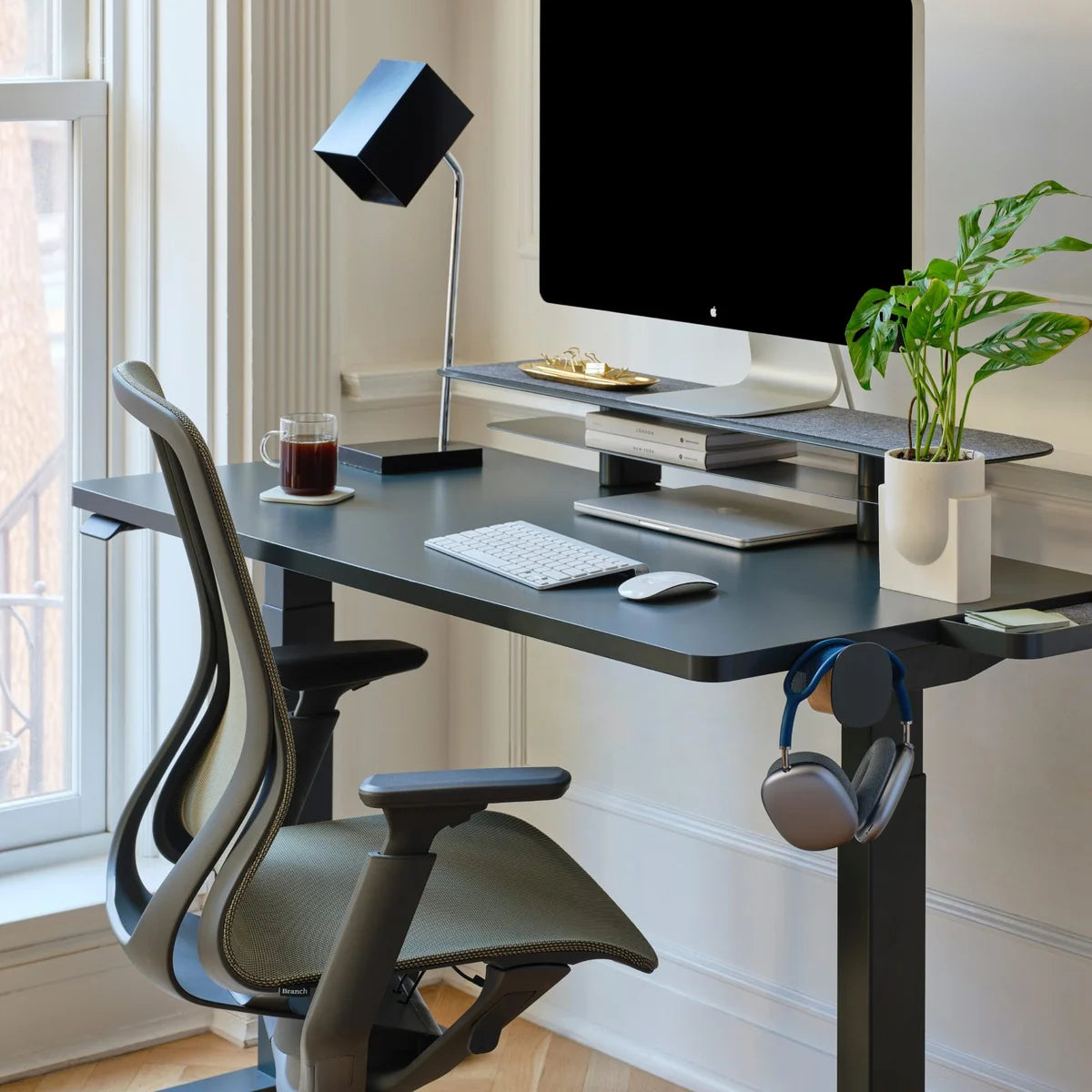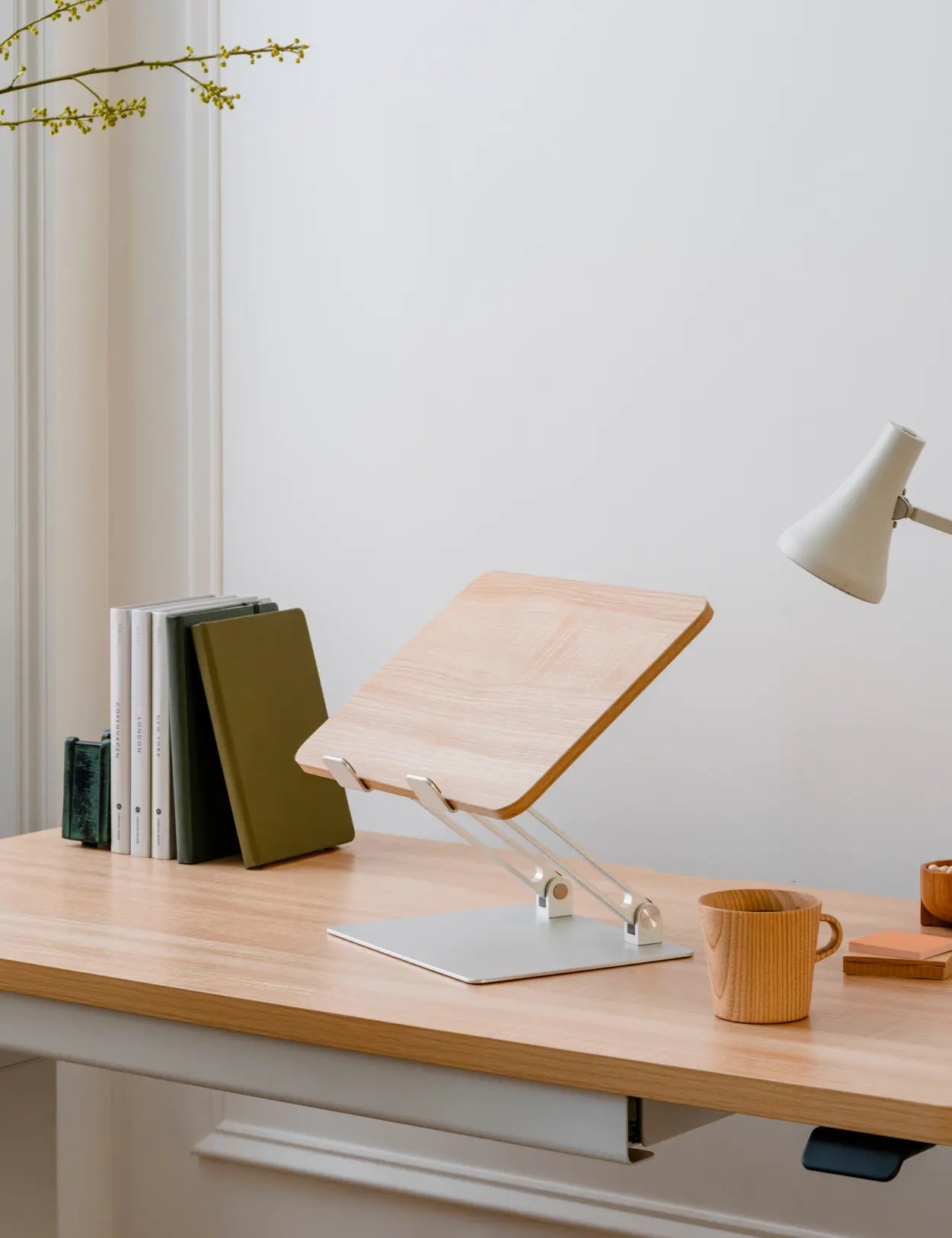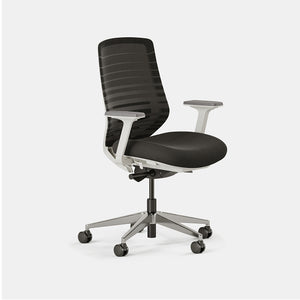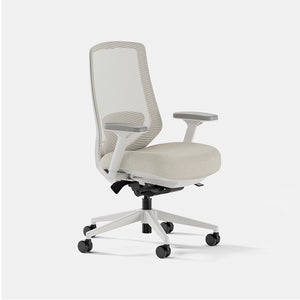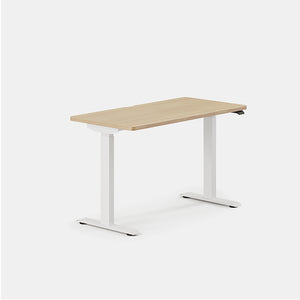1. Take walks for your meetings and calls
If you’re not using presentation slides or need to be directly in front of a computer during your meeting, take it outside. This is especially true for one-on-ones, where the meeting is usually focused on the conversation. These types of meetings or phone calls can be taken while walking around your office building, strolling down a few neighborhood blocks, or even hopping over to a nearby coffee shop.
It’s easy to recall how much Steve Jobs loved these types of meetings; in fact, it was a critical office design element when building Apple’s new headquarters in Cupertino, California. The ability to be both inside and outside while working was central to how they built their modern workspace. In addition to being outside, incorporating movement into meetings or calls that don’t need to be stationary helps to loosen up joints and increase blood circulation. Good for your brain, and your body.
2. Pickup your lunch, or eat out
If your company doesn’t cater lunches for your office, a great way to get moving outside is to go pickup your lunch rather than ordering delivery, or even getting your food to eat-in somewhere close rather than getting it to-go. Your lunch break is a great time to get outside the office because, well, it’s a designated break. Many workers feel obligated to eat lunch at their desk in case they miss an important email, or they want to leave a few minutes early.
But this isn’t a sustainable habit; eating at your desk means you’re missing a prime opportunity to nourish your body by freeing your mind from your work. If you only have a 15- to 20-minute window for your lunch, consider bringing food from home and eating it outside. That way you maximize the time you’re able to spend away from your desk on break.
3. Use your company’s designated outdoor meeting/eating spaces
If your office has an outdoor lounge area for working or eating, utilize it. Whether it’s for a short meeting, a brief snack, or just to get some fresh air, multiple studies have shown how simply spending time in more natural environments, ideally without intense urban surroundings and with some natural greenery, can increase concentration and productivity.
Even more, if you’re feeling less creative than usual, or just tired of staring at the same walls and chairs that surround your workstation, finding a completely new view while you work can provide you with an imaginative and fresh take on problems. Offices that support outdoor spaces should also ensure they are designed to meet their workers’ needs. That means ensuring they have access to supportive seating, power outlets for devices, and some shaded areas if needed.
4. Take your coffee break outside
Instead of lingering around the kitchen while you sip your coffee or tea, try taking a short outside break or walk while you finish your drink. You’ll also get some added benefits from being outside, like more vitamin D and serotonin in your body. Doing so ultimately gives you a quick time in the middle of your working hours to recuperate (you probably need it if you’re going for coffee in the first place), and allow you to feel truly refreshed once you get back to your desk.
5. Ensure company offsites involve the outdoors
Companies with quarterly or yearly offsites for employees should be ensuring the activities involved take place, at least in part, outdoors to help employees recharge their batteries. Think hiking, going to a park, spending time by a body of water, or the like. And be sure to make the offsites interactive, social, and easy-going. If you’ve noticed your company hasn’t done something like this, talk to your HR department about it. Maintaining employee wellbeing is a main focus of theirs, so voice opportunities you think could be used to improve it.
Getting outdoors has no side effects, is readily available to nearly all workers, and can improve cognitive functioning at zero cost. While some may be concerned about missing time in the office for these breaks, the tips above have shown that getting outdoors can also include being productive with your work. Even more, they help you perform better when you’re back at your desk. In the long run, the improved quality of your work and wellbeing will mean more than the extra work you can do with a few spare minutes in the day.






